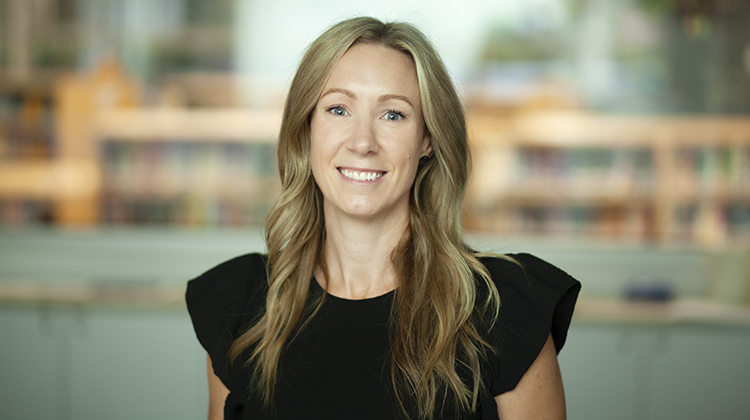The Essential Role of Consent Education in Schools

In the current climate, teaching consent and how to have respectful relationships as part of the school curriculum has never been as important.
Recent statistics in the media highlight the troubling reality that gender-based violence is a significant issue that affects many in our communities, especially women. According to the Australian Bureau of Statistics, 41% of Australians have experienced violence since the age of 15, and 1 in 4 women experience violence by an intimate partner.
These alarming numbers underscore the need for comprehensive education on consent and respectful relationships - particularly in all-girls schools where empowering young women with this knowledge is critical. When students are informed about what constitutes consent and are encouraged to speak up, they are better equipped to protect themselves and others from potentially harmful situations.
Schools play a crucial role in providing students with the knowledge and skills to navigate the complexities of modern relationships and personal boundaries. Teaching respect, communication, and the fundamental right to live without fear, is a powerful tool for changing attitudes and behaviours regarding gendered violence. Understanding consent’s role in interpersonal relationships is crucial for young people to engage in safe and healthy connections.
Education around personal boundaries extends beyond informing positive, respectful physical relationships; it covers a wide range of interactions including age-appropriate body-safety, digital communication, peer relations, ethical decision making, and everyday social situations. It helps students develop the confidence to advocate for themselves and others in various situations.
Discussing personal boundaries in the classroom is not just about preventing negative experiences, but also about promoting healthy relationships based on mutual respect, trust, and clear communication - all key to forming positive friendships. By providing a comprehensive consent education, we aim to equip our students with the skills and knowledge they need to navigate their social and personal lives with confidence and respect.
At Strathcona, our approach to respectful relationships education is multi-faceted ensuring that students receive age-appropriate teachings on this critical topic. This curriculum is designed to evolve with the students, providing more complex and nuanced information as they grow older. In class students can engage in scenarios and discussions. These activities help them practice effective and assertive communication and understand the importance of verbal and non-verbal cues in giving and receiving consent.
Consent education is taught across Strathcona in Health Education and is an integral part of our Wholebeing strategy which is focused on increasing wellbeing, reducing illbeing, and building resilience in our student community. The curriculum has been developed and aligns with, the Victorian Curriculum (Health and Physical Education and Personal and Social Health) standards and the lessons have been informed by current research in adolescent health and wellbeing. Content is developed using a variety of resources and programs, is specifically designed to suit the context of our school and the needs of the students and delivered sensitively by the Health and Physical Education staff in conjunction with enrichment opportunities.
Our program is tailored to address the unique experience and challenges that young women face. This focus allows us to create a safe space where students feel comfortable discussing and understanding issues related to relationships. We also acknowledge students should have access to hearing the perspectives of all students. Having the opportunity to practice and understand consent in a mixed-gender context, is essential for real-world application.
As such, we recently held a consent education workshop in partnership with an all-boys school. During the workshop, students from both schools worked in small, groups, exploring understanding, skills, and attitudes necessary to make conscious, healthy, and respectful choices about relationships.
Integrating lessons on consent and fostering respectful relationships within the school curriculum is crucial. By instilling values of respect, communication, and autonomy from an early age, we empower future generations to navigate relationships with confidence and integrity, ultimately fostering a culture of mutual understanding and respect. Through education we can pave the way for a safer, more equitable society, where every individual's boundaries and agency are valued and upheld.